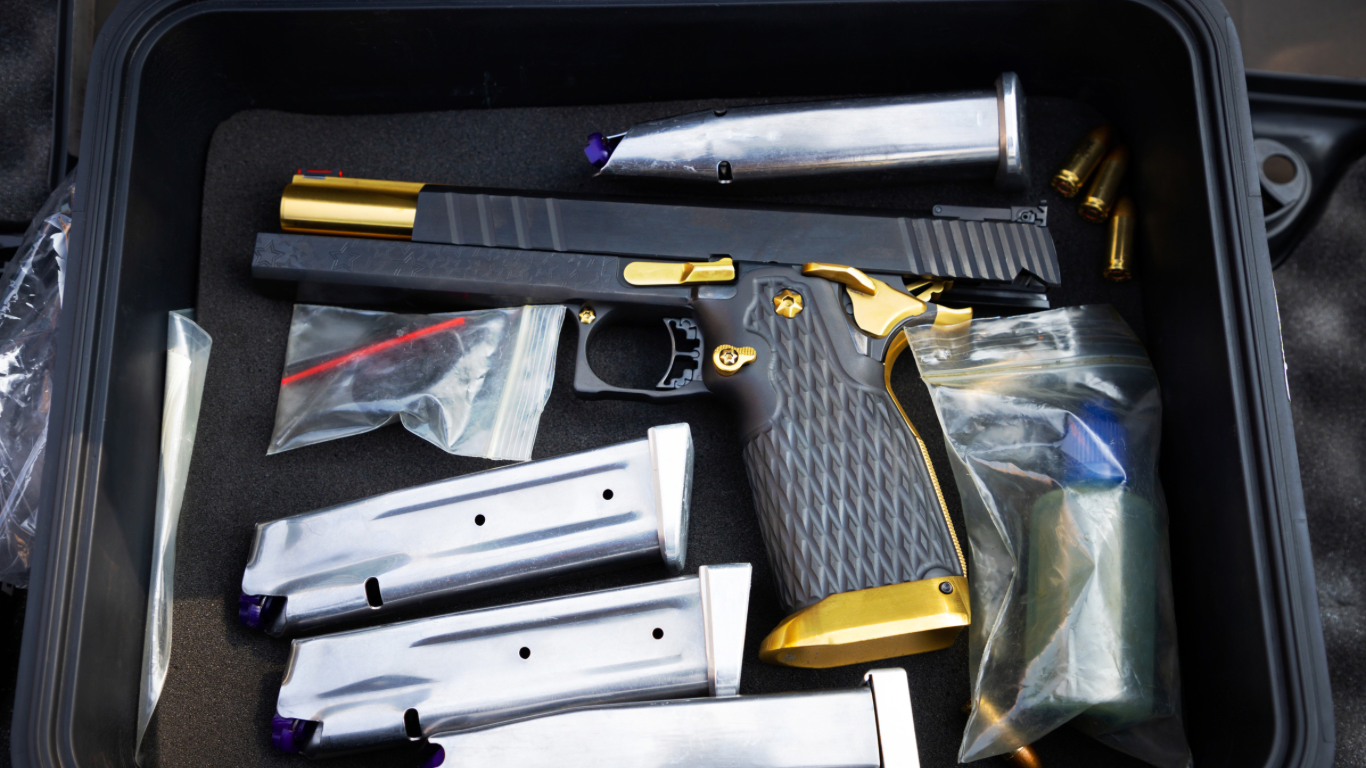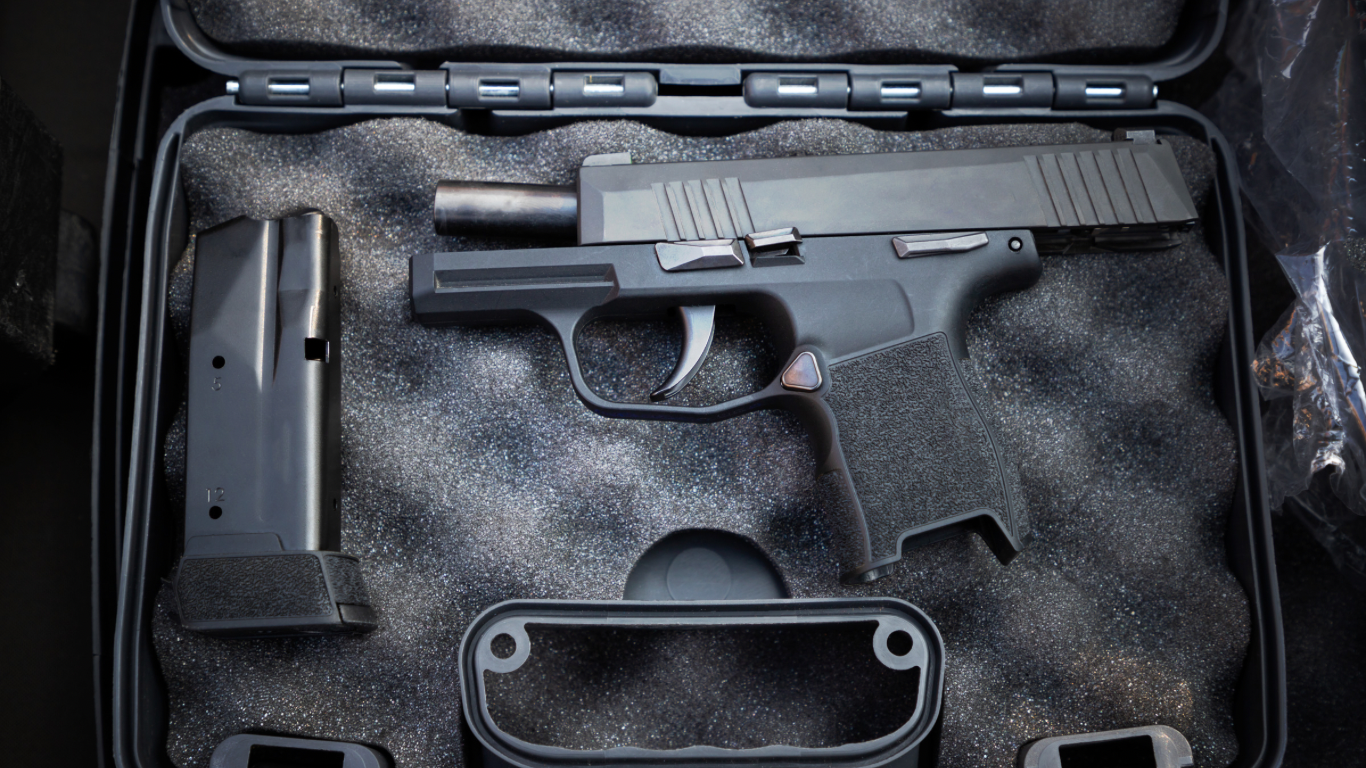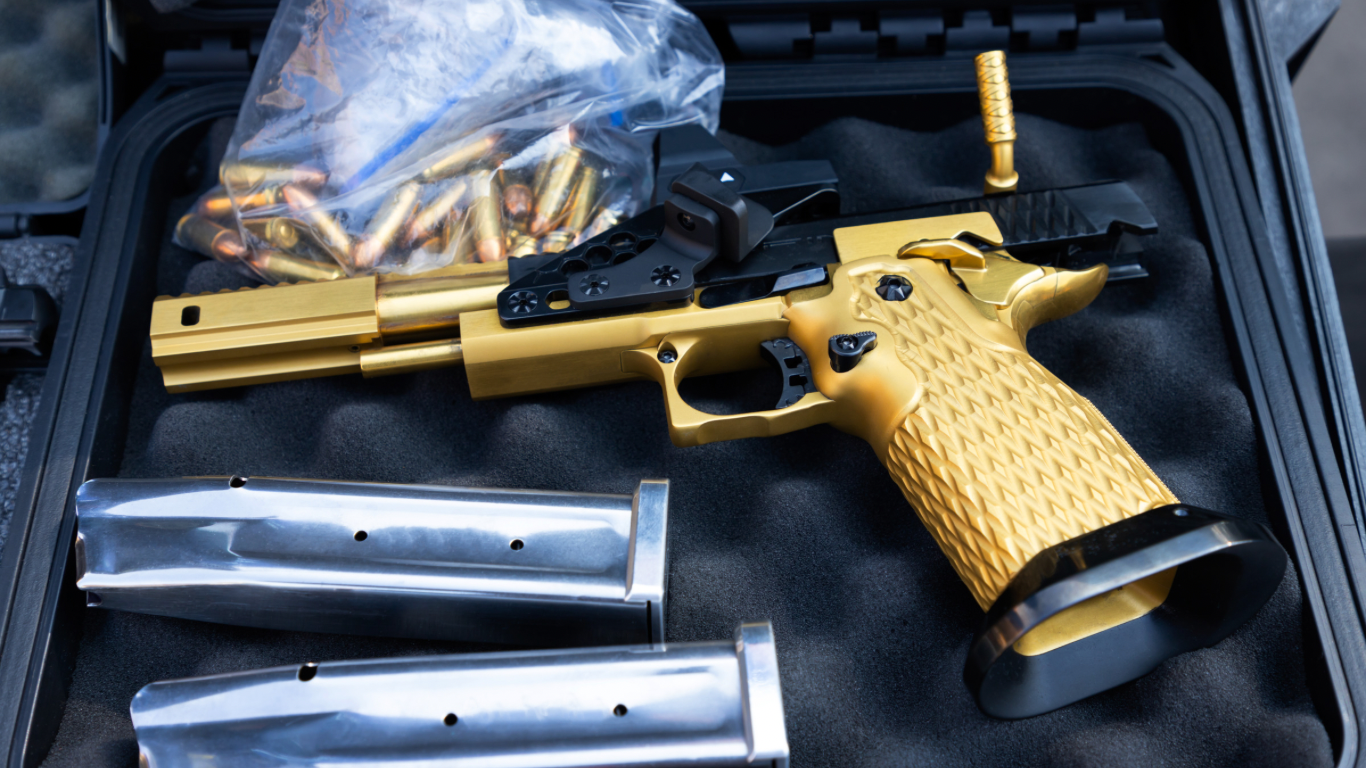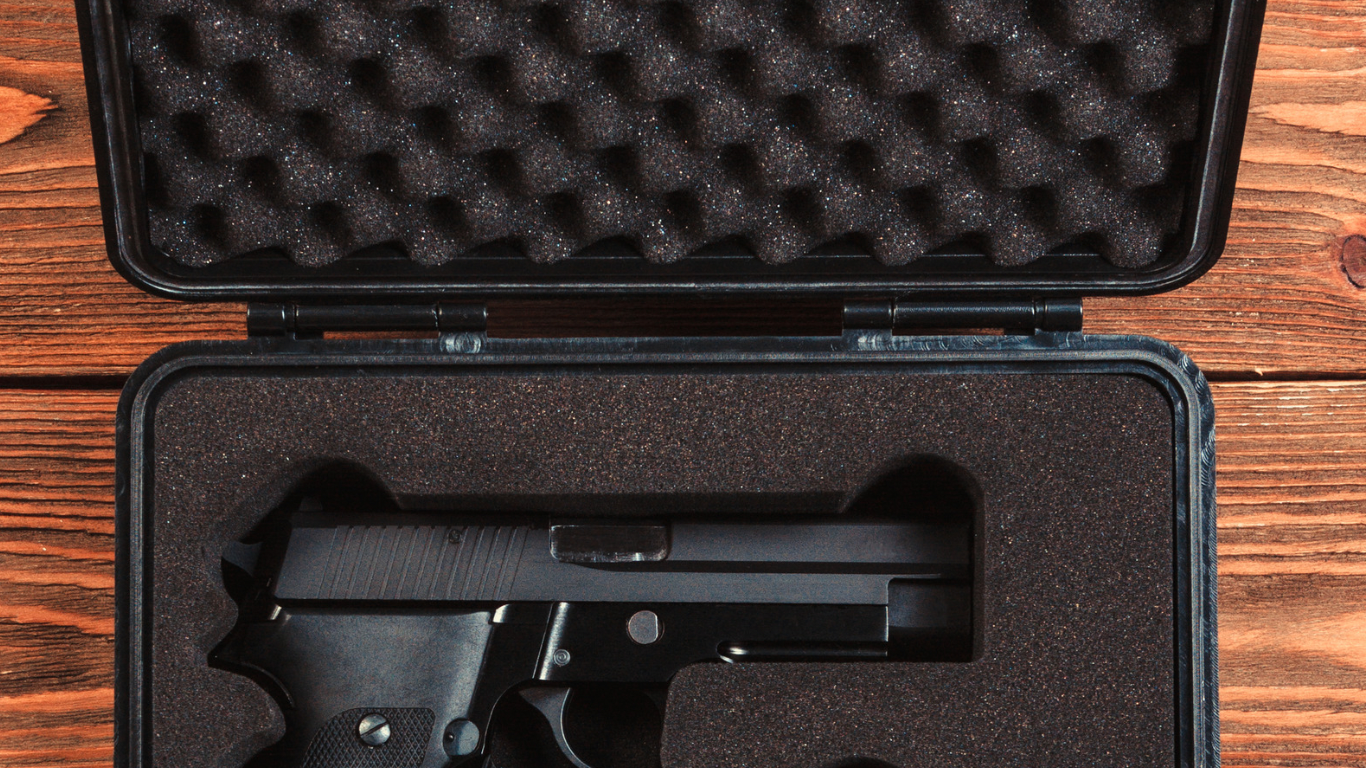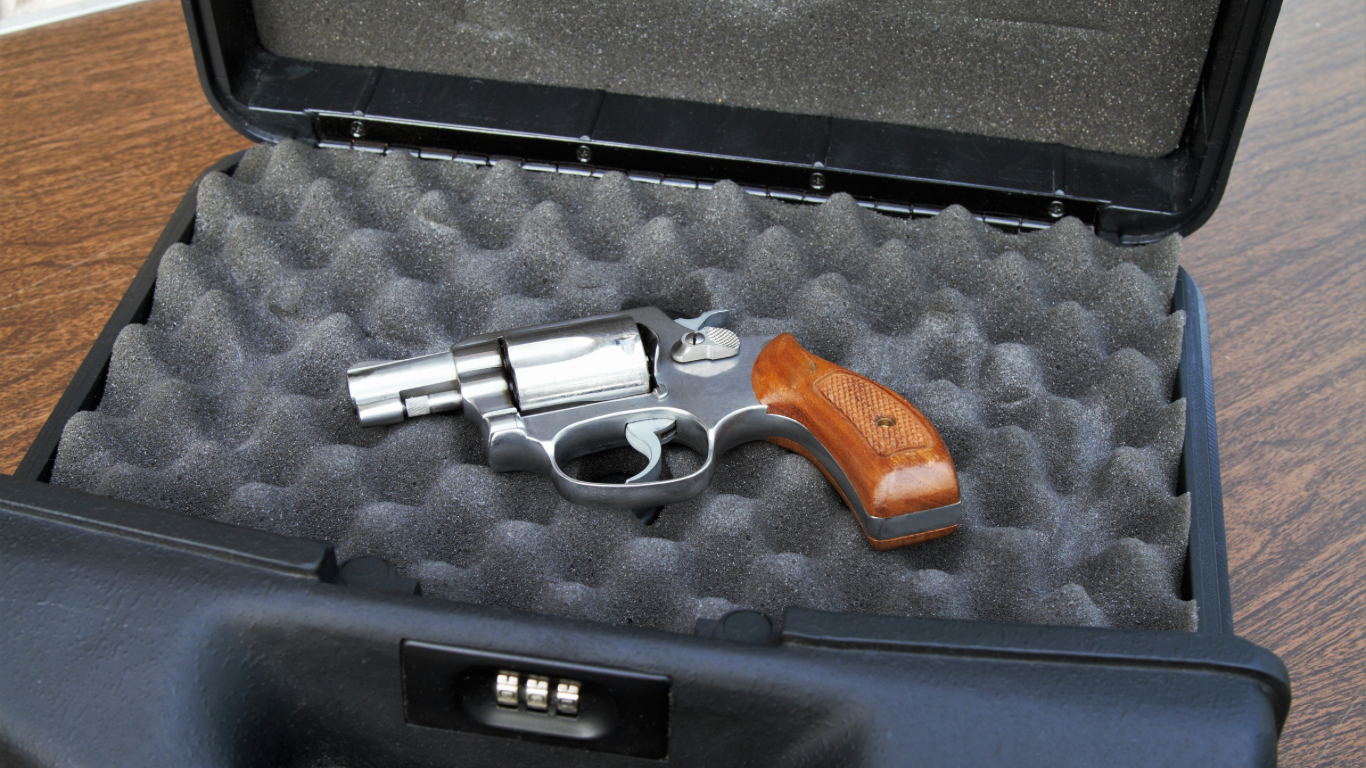As a gun owner, it is not uncommon for you to walk around your city with a loaded gun. In most cases, gun owners will claim their weapons have legal backing, which allows them to move freely. It is everyone’s right to have a legal weapon. However, when it comes to traveling with or transporting weapons and ammunition, the conditions change. For this matter, it is essential to understand the laws of the state you intend to visit before you bring your weapon with you. This guide helps you to understand how to transport guns and ammo across state lines.
What You Should Know Before Transporting Guns and Ammunition
Before you transport guns and ammo across state lines, it’s essential to know the laws of both the origin and destination states. Ammunition must meet specific guidelines set out by both governments. Certain states need you to notify law enforcement during transport, and others do not. So be sure to take the time to understand the regulations for each state you intend to visit with your gun and ammunition. For example, if a gun owner lives in Washington and wants to transport firearms or ammunition to Oregon, they will need to check the Oregon Firearms Laws.
The same goes for crossing back into Washington. Do not assume that you can walk back in with ease because you are from Washington and crossed over Oregon with your weapon. You should check the Washington State Patrol website for current weapon transport requirements. This should be before you drive back into Washington state with your firearm or ammunition.
Various Regulations by State
It can be hard to keep track of all the regulations for every state. Regardless, gun owners need to take note that transporting firearms across state lines is often illegal. Also, both states need to have the same gun laws to transport a firearm from one state to another. For example, a resident from Arizona transporting their firearm to Colorado will need proper paperwork. If they fail to present the required paperwork, they risk getting penalized. It is because law enforcement will need this documentation to allow exit or entry into a state.
Let’s say an Arizona resident legally owns a firearm and wishes to transport it from their residence in Arizona to a shooting range in Colorado. To transport the weapon, they need to find out if their gun is legal to own first. Then, the gun owner needs to make sure they follow Arizona’s laws regarding transporting firearms. In most cases, if the gun owner is traveling with their firearm from one place (like a hotel) in Arizona to another (like the shooting range), there is no need for paperwork or a permit to transport a firearm.
Temporary Interstate Transportation Permit
If the gun owner plans on driving through multiple states with their weapon in tow, they need to have a concealed carry permit from Arizona. In addition to this license, they also need to apply for a temporary interstate transportation permit from the state of Colorado. Suppose an Arizona resident plans on traveling through a state that isn’t Arizona or Colorado. In that case, the transport of the weapon needs to be approved by the ATF (Bureau of Alcohol, Tobacco, Firearms, and Explosives).
You can do this by contacting a local law enforcement agency in Wyoming, for example. Once the gun is approved for transport, the owner then needs to follow the state’s laws on how they need to transport their weapon. A locked container that only a key can unlock or a combination lock is a requirement by law. There are many other requirements based on where the owner is planning on taking their gun and ammunition. Ammo can also be an issue when traveling between states. Ammunition must meet specific guidelines set out by both governments. This is why it may be challenge to transport guns and ammo across state lines.
You May Need to Notify Law Enforcement
Certain states require you to notify law enforcement during transport, and others do not. Some states use a simple permit system. Others require extensive background checks. Additionally, they may need paperwork to allow for the purchase of a firearm or to transport it across state lines.
Every state has its own rules when it comes to transporting gun owners and their firearms. The rules vary depending on where they allow (and not allowed) citizens to transport weapons. Also, how long they can keep them out of their hands, and whether ammunition is always required during transport.
There are many other laws regarding transporting firearms, but it’s also important to note that the state where the gun owner decides to transport their weapon doesn’t matter; federal law has all these rules in place already. It doesn’t matter if a gun owner wants to take their weapon from one place to another within the same state or from one side of the country to another. For someone to transport a firearm across state lines, there is always paperwork and laws to follow.
General Regulations for the Transportation of Guns and Ammunition
Just because you have the correct paperwork does not mean you can walk in and out of a state while transporting firearms. This means even if you have checked and received approval from both governments of each state involved. For you to proceed to apply for the required transportation paperwork, ensure that you observe the following:
You…
- are not a felon
- do not have any history of felonies
- did not involuntarily get committed to any mental institution at any time
- do not use any illegal drugs
- are not an illegal alien
- are not a veteran dishonorably discharged
- do not have any domestic violence charges (present or past)
- do not have any records on domestic violence that led to restraining orders
Conclusion
The best way to transport guns and ammo across state lines is always with the proper documentation. Make sure that you’re familiar with both your own state’s gun laws and the states you plan on traveling through to avoid unintentionally breaking any laws. Moreover, it’s important to note that to transport ammo across state lines is illegal in the same ways as transporting firearms. The only exception to this law is if you are transporting ammo for sporting purposes.

